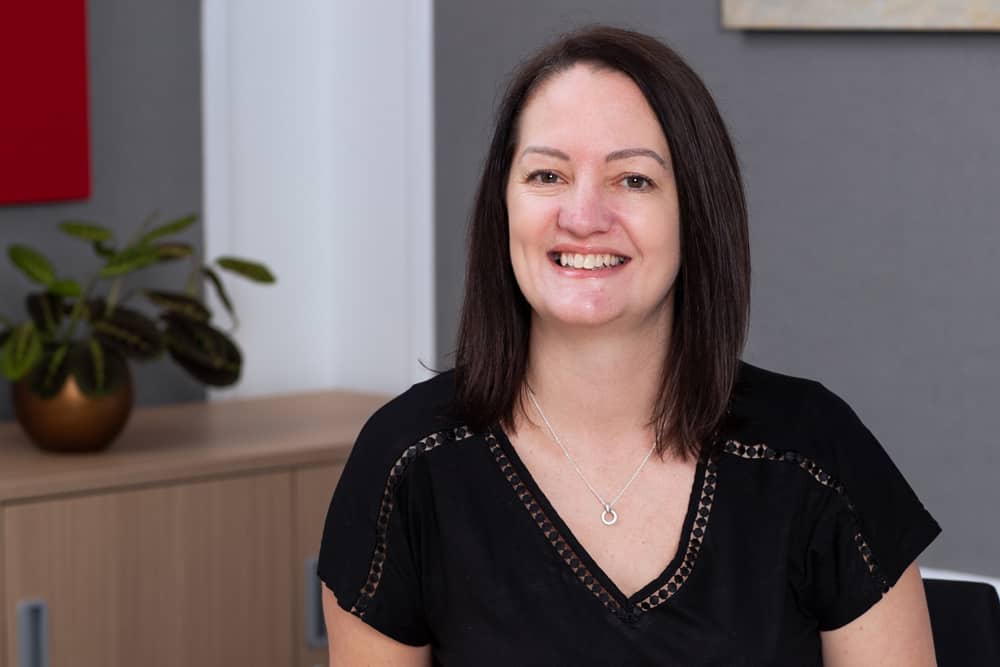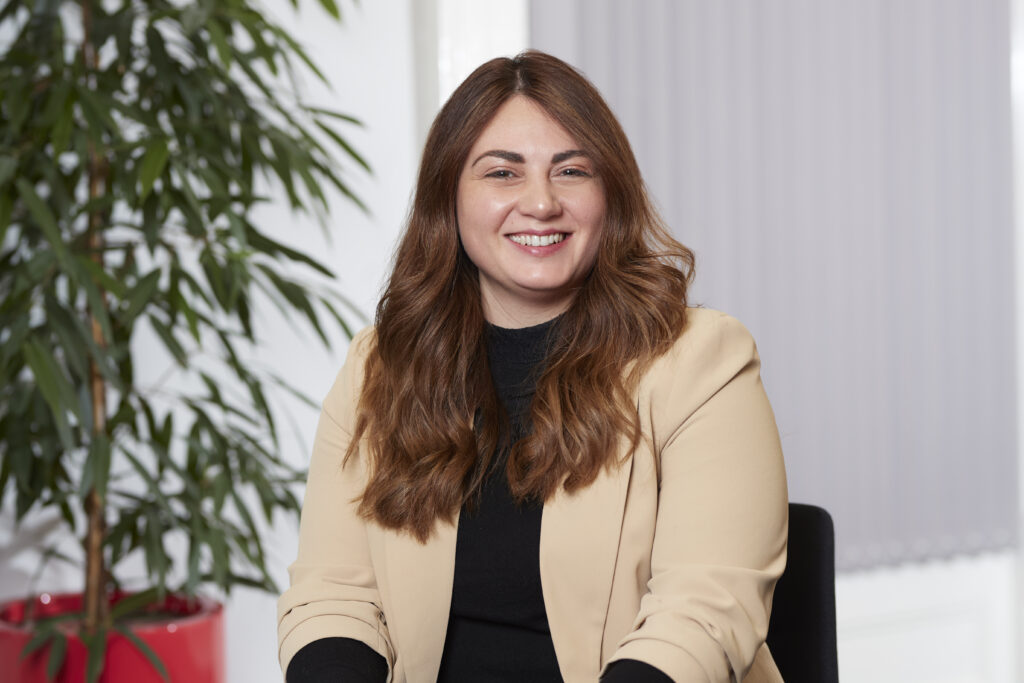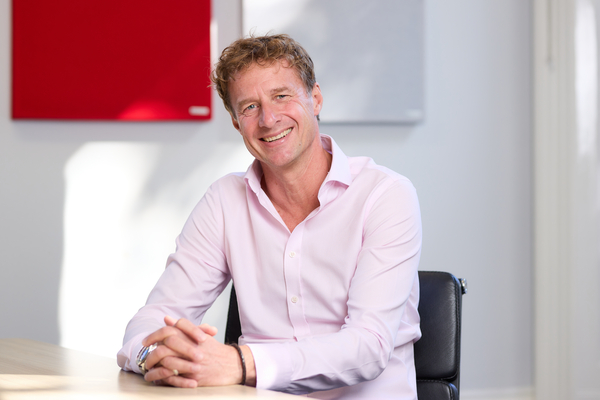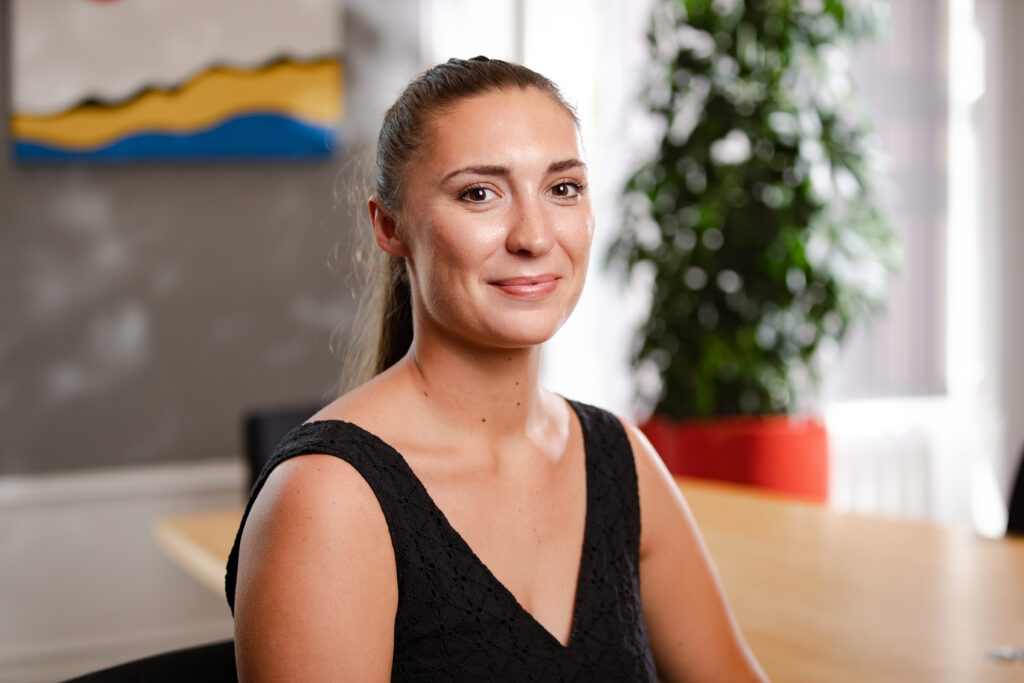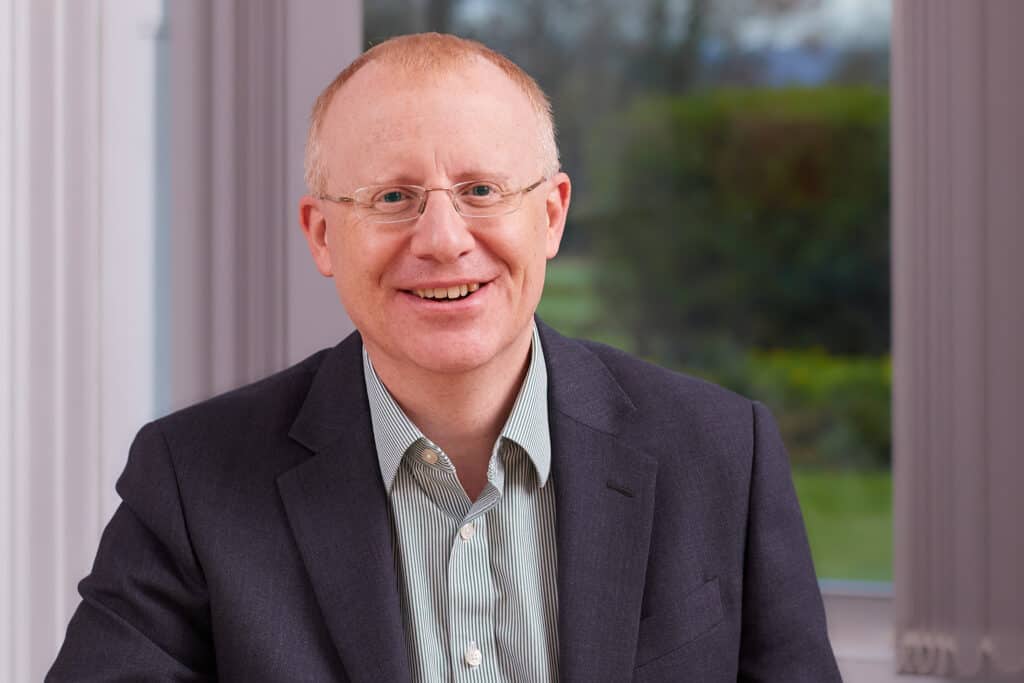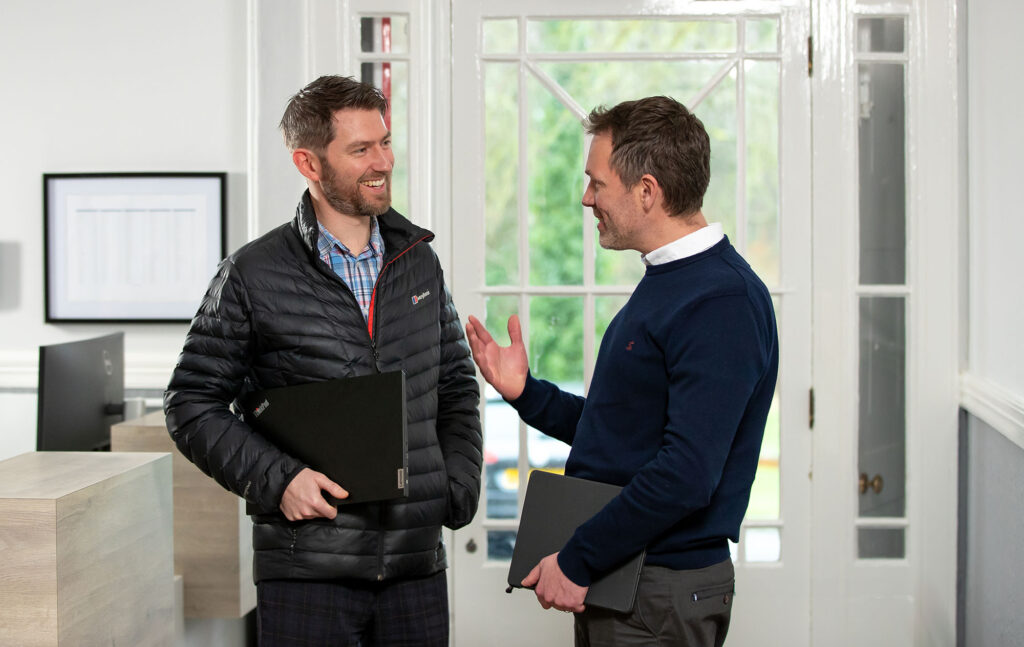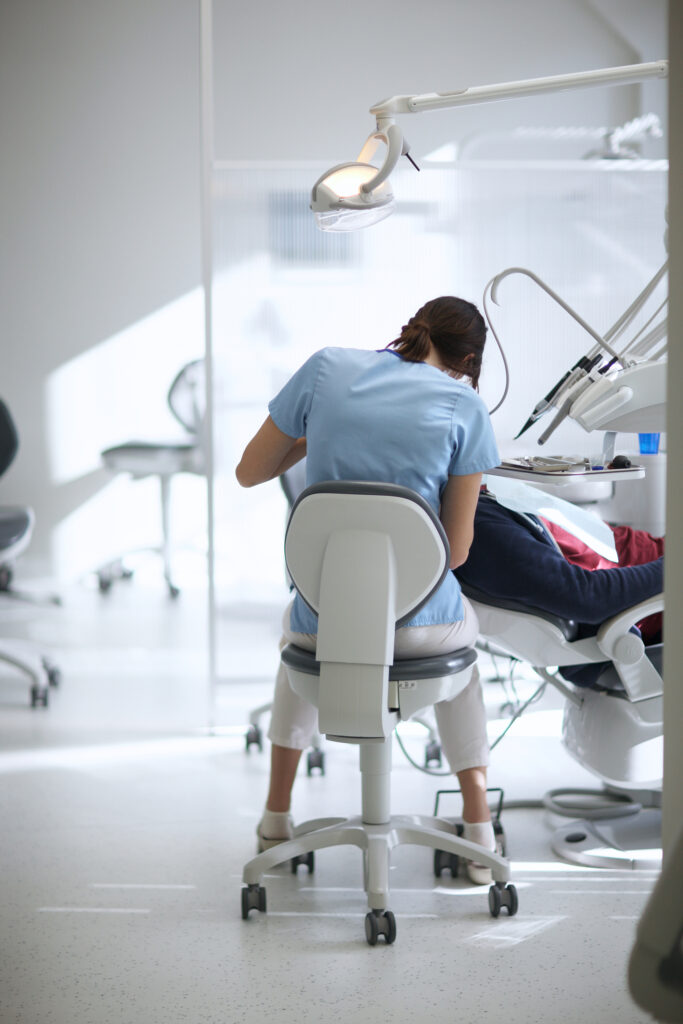As a dentist who recently switched to Hazlewoods Accounting, I couldn’t be more pleased with the service I’ve received. Reflecting on my experience, I can easily compare it to a well-managed dental practice. Just as we dentists can distinguish between good and bad clinicians, it was clear from the start that Nigel and his team stand out.
Nigel’s approach of under-promising and over-delivering truly impressed me. When I discussed my financial situation with him, he assured me he could help, but the proposal he presented far exceeded my expectations. Additionally, the transparency in their pricing was exceptional. Nigel laid out my options, and after I made my decisions, I received a detailed document outlining exactly what to expect, the costs, and the timelines—much like providing a patient with a full consent form and comprehensive treatment plan.
I highly recommend that any dentist in need of an accountant give Nigel a call. The service at Hazlewoods is top-notch, and I’m confident they’ll exceed your expectations, just as they did mine.

